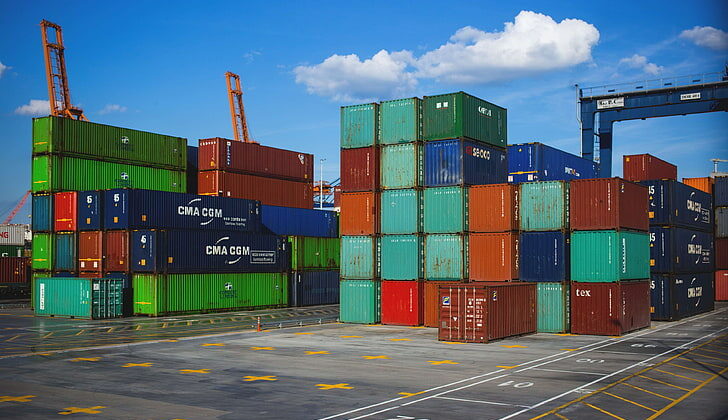
Experts suggest measures to improve Interest Equalisation Scheme for MSME exports in Budget 2023
NEW DELHI : In order to boost exports from the micro, small and medium enterprise (MSME) sector, which constitutes nearly 50 per cent of the country’s exports, experts have called for enhanced measures in the union budget 2023-24 around the interest equalisation scheme for pre and post shipment rupee credit for MSME exporters. The scheme, which was extended till March 2024 by the Reserve Bank of India (RBI) last year to boost outbound shipments, enables bank credit at a lower interest rate for exporters.
Arun Singh, Global Chief Economist at data and analytics company Dun and Bradstreet Dun said that since interest rates are increasing rapidly, support in the form of interest subsidy can be hiked from 3 per cent (interest equalisation rate) to 5 per cent for MSME manufacturers and from 2 per cent to 3 per cent for merchant exporters in this year’s budget. Moreover, exporters may be provided automatic enhancement in credit limit on a case-to-case basis without the need for collateral given that input prices/ inflation has reached decadal highs.
Singh also suggested the government to reconsider the benefit given to exporters during the pandemic year of 2020 given that external demand is expected to remain weak ahead. “The period of pre-shipment and post-shipment export credit sanctioned by banks can be 15 months as was given during the pandemic from the existing one year,” he said in a budget recommendation statement.
According to the official data, Rs 2,621.5 crore was allocated under budget estimates for 2022-2023 for the scheme out of which, Rs 2,806.92 crore was released to the RBI till August 30, 2022.
Sudarshan Chari, Executive Director and Head of Business Banking at DBS Bank India anticipated that the government will establish an export promotion fund to help MSMEs expand their footprint globally. He also called for “developing a broad-based interest equalisation or subsidy schemes” for exporters, along with measures for simplifying taxation, incentives towards ESG (environmental, social governance) spending and tax incentives linked to employment generation can help re-energise the small business ecosystem.
Currently, the interest equalisation scheme caters to manufacturers and merchants. However, the industry body PHD Chamber for Commerce and Industry has requested the government to extend it to service exporters as well, who represent almost 40 per cent of the total exports. “This would give a much-needed boost to MSME exports,” the chamber said in its budget recommendations.
Meanwhile, a budget expectation survey by credit rating agency CareEdge recently, comprising 364 respondents from key industries, had suggested measures such as developing export logistic infrastructure, easy credit availability, support in overseas marketing, credit subsidy for MSMEs, tax reliefs, expansion of the Production Linked Incentive scheme etc., to support merchandise exporters.

